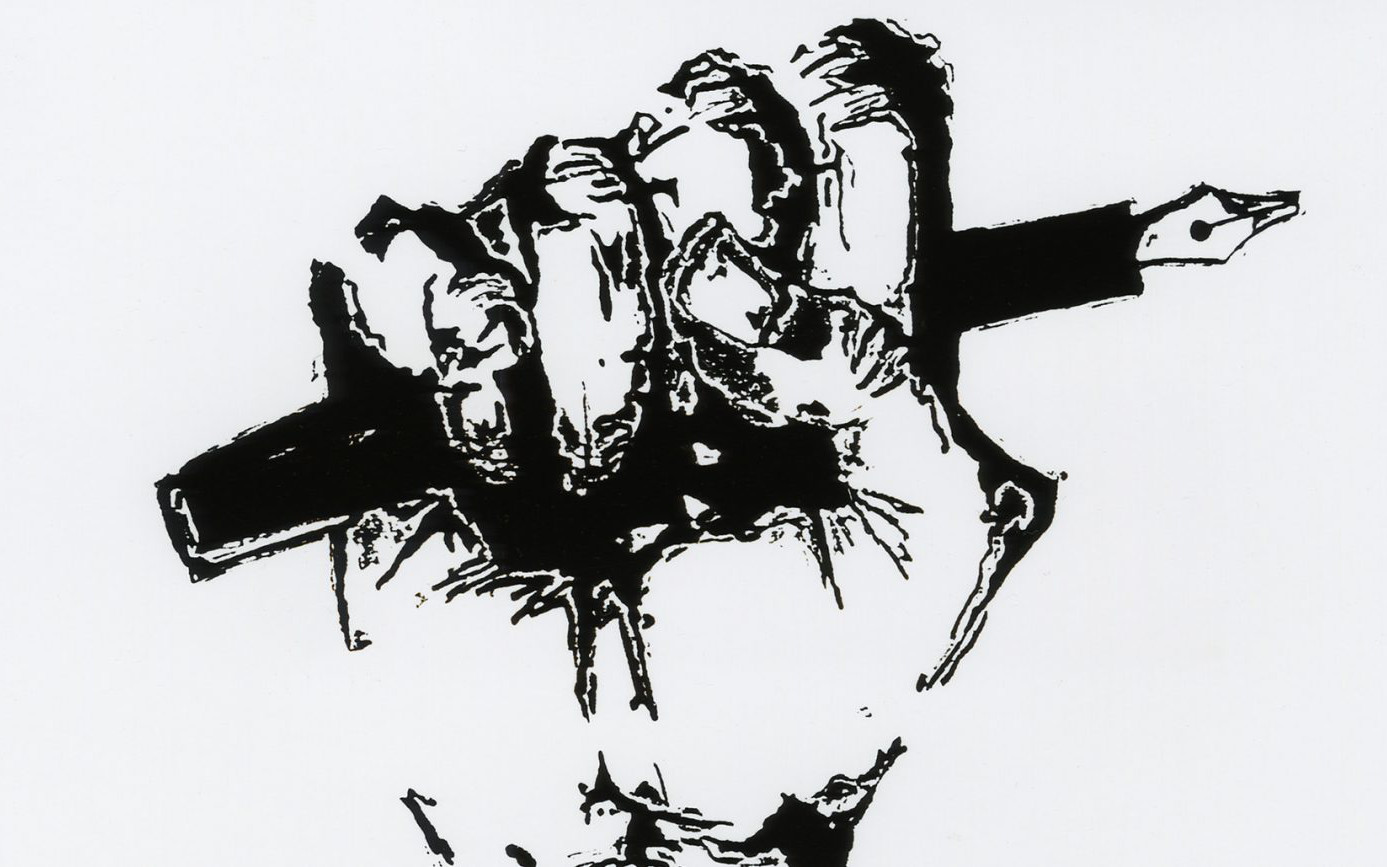In October, Oman’s Internal Security Service (ISS) detained two activists in an apparent attempt to silence them. Journalist Sultan Al-Maktoumi was detained 23 October 2018; it was presumed that he was detained to control his criticism ahead of Israel’s Prime Minister’s visit to Oman a few days later. Just a few days later, online activist Salem Al-Arimi was detained on 27 October, allegedly for similar reasons. While Oman is known to hold a history of censorship, an increasingly restrictive climate for free expression has put activists like Al-Maktoumi and Al-Arimi at increasingly higher risk in recent years.
Al-Maktoumi writes for Al-Raya newspaper and Al-Shabab Al-Toufahim magazine, with his writing covering calls to reform the Omani government. He was summoned on 23 October to the Special Division of the Sohar Police Headquarters – the executive division of the ISS, where he has reportedly been detained ever since. Salem Al-Arimi was summoned on 27 October by the Special Division in Muscat due to his writings about reform in Oman, and he too has not yet been released. Both men have not had access to a lawyer or are able to contact their family since their detention.
The arrests of Sultan Al-Maktoumi and Salem Al-Arimi hold similarities to the arrest of Yousif Sultan Al-Arimi. Yousif Sultan Al-Arimi was summoned for interrogation by the ISS on 8 April 2018 and was likely detained over commentary on his Twitter account concerning his views on public affairs. He had also participated in Arab Spring protests. He, too, had no access to a lawyer and was unable to speak with his family whilst detained.
Unfortunately, these arrests are not surprising, given Oman’s history of suppressing dissent. Oman’s crackdown on any form of opposition started during the 2011 Arab Spring, when protesters in Oman called for reform to combat rampant corruption. In response, the Sultan began implementing laws that suppressed dissidents. In 2013, Lieutenant General Said bin Ali bin Zahir al Hilali was appointed head of ISS, while his brother leads the Public Prosecution, which has been known for restricting freedom of expression. Following this, bloggers, journalists, and activists have been routinely arrested and arbitrarily detained.
The US State Department Human Rights Report from 2017 found that Omani media does not operate freely. The government has shut down independent newspapers and magazines like Azamn and Mowaten. Azamn was shut down in 2016 due to an article titled “Supreme bodies tie the hands of justice” that critiqued the judiciary system. As a result, the outlet’s editor in chief, deputy editor, and a journalist were arrested. Mowaten moved to the United Kingdom in 2017 to avoid harassment over articles criticizing the Omani government, which eventually resulted in their website being blocked in Oman.
In January 2018, Oman updated their Penal Code, further suppressing dissidents and journalists in the state. The vague language used in the law allows for generous interpretation by the Omani government, resulting in an iron grip on freedom of expression. The new Code has additionally increased the length of minimum and maximum prison sentences for charges regarding freedom of speech, as well as omitting protection for women’s rights.
Under this new code, it is not surprising to see the October detention of Sultan Al-Maktoumi and Salem Al-Arimi, but their detention signals alarming developments in Oman’s continued campaign against free expression. With these laws in place, journalists and activists must practice self-censorship or risk being targeted by the authorities. The new Penal Code indicates that the Government of Oman is taking a clear step backward and intends on prosecuting any opposition for the foreseeable future. Until such time that serious reform is finally on the table, the international community must question Oman’s actions as Omanis like Al-Maktoumi and Al-Arimi are forced to surrender their fundamental right to freedom of expression at great risk.
Caroline Hickey is an Advocacy Intern with ADHRB.





